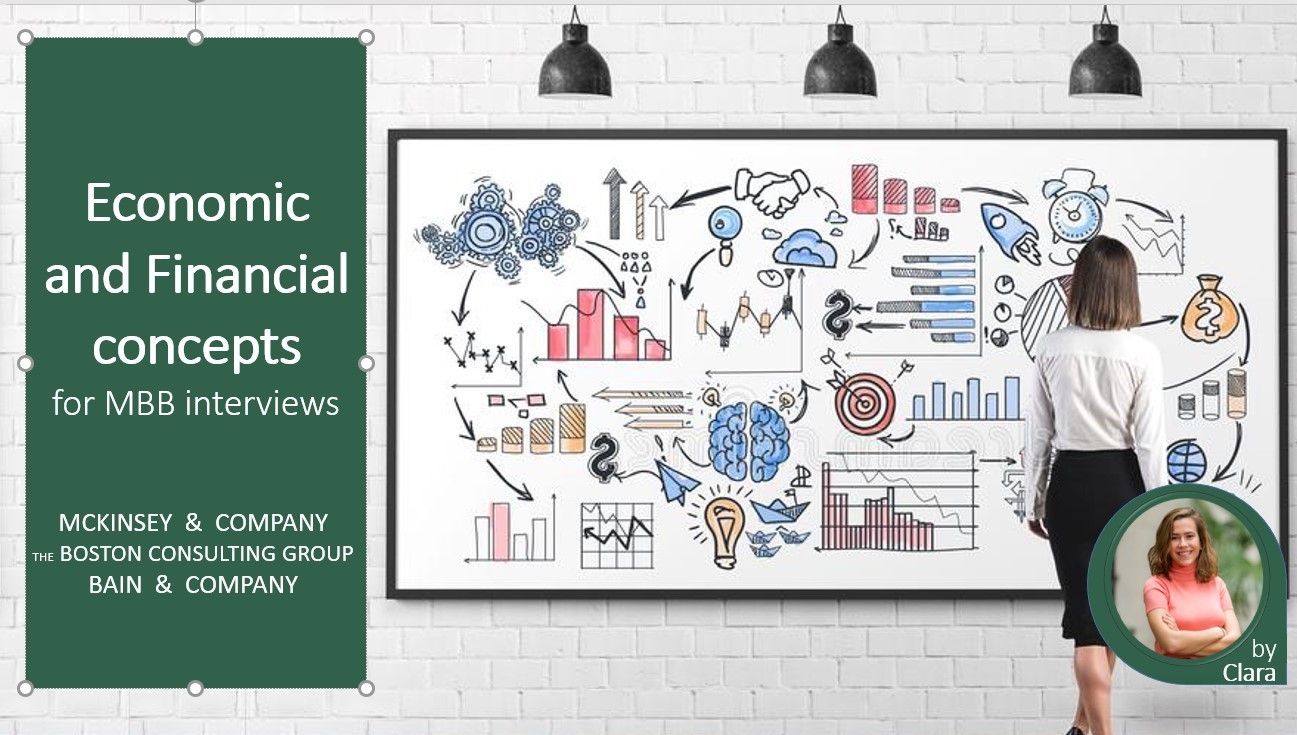Hi, I'd like to seek your advice on how to develop “number sensitivity” and solve case maths effectively? I sometimes get stuck at cases with more complicated math, and fail to come up with a calculation approach effectively. I'm thinking how to 1) become faster in coming up with the approach & math equation 2) structuring a math solution that could solve the client issue effectively and with more insight
In this case, except practicing brain math, market sizing, and practicing math problems of the cases that I've done, are there anyways to systematically enhance this improvement area? What would be the most efficient approach?
Thank you!















